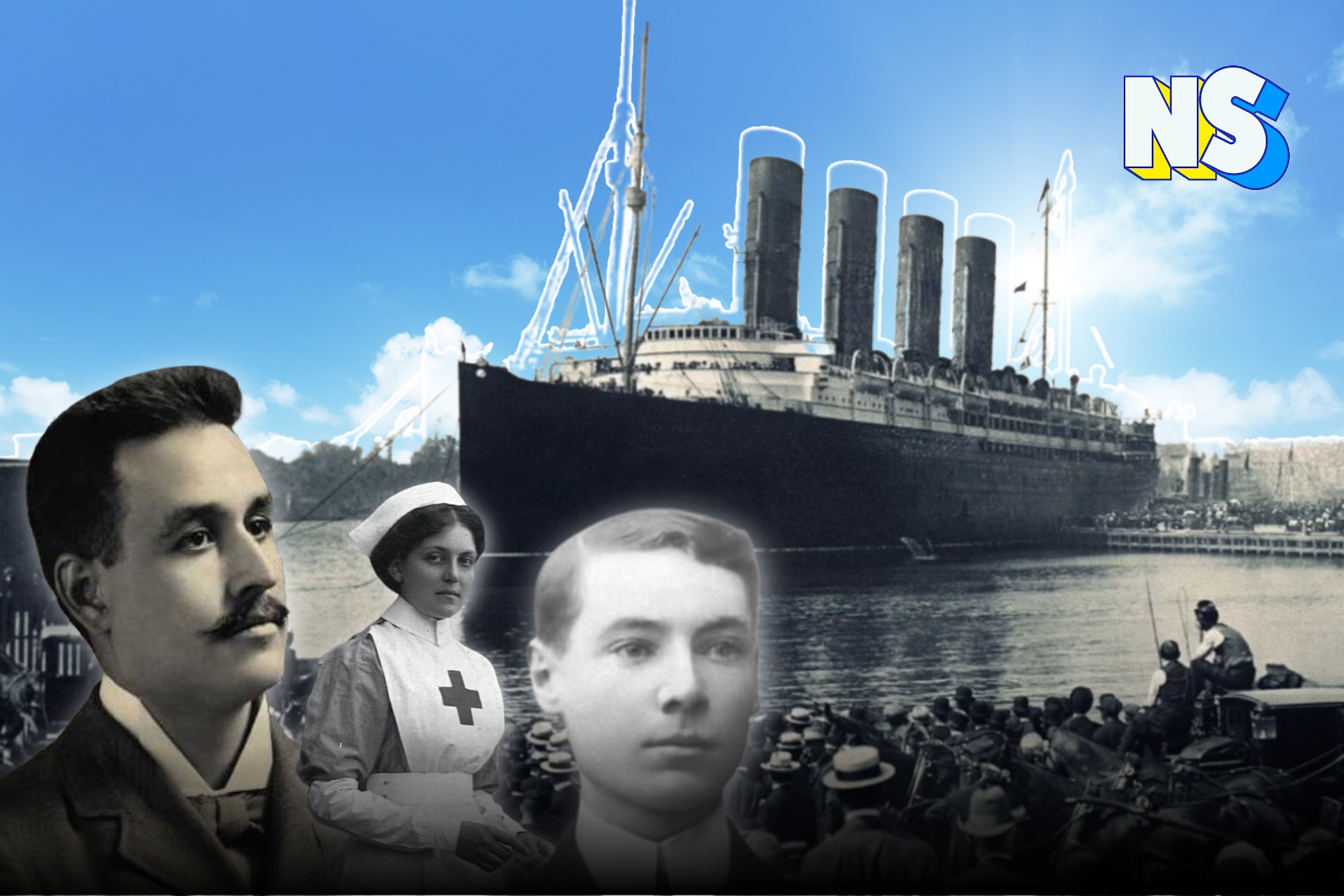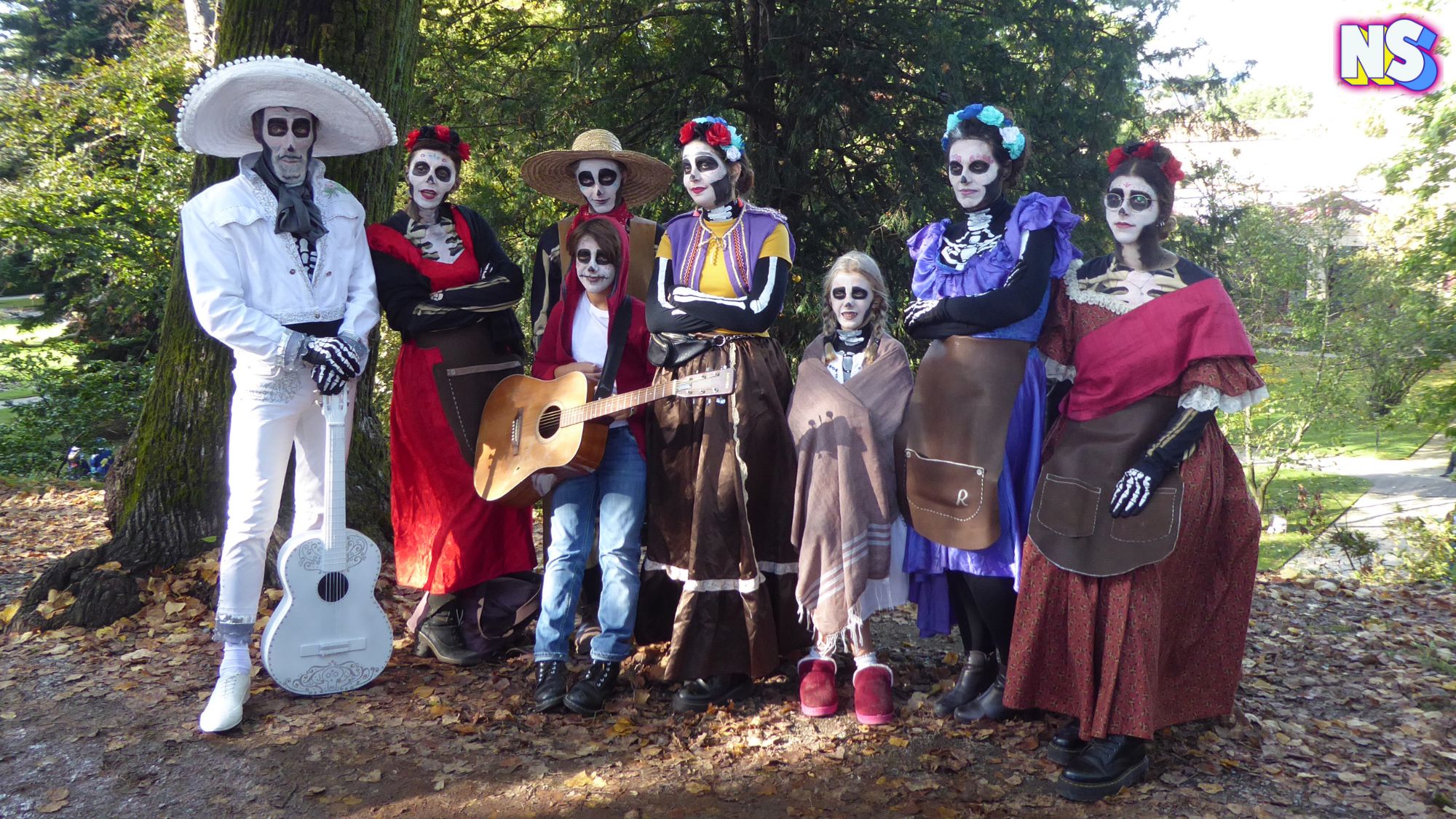Credit: Nuestro Stories.
The sinking of the Titanic is one of the most shattering historical events of the 19th century. However, most of the stories we have of the ocean liner are of its white passengers. No one has made a movie about the Latinos who saw the ship's armor tearing under the edge of the ice like all the other passengers.
Knowing that what is not told is lost in memory, here are some Latinos who traveled on the Titanic.
Edgar Andrew

Born in Río Cuarto, Córdoba, Argentina, Andrew (16), like many other family members, moved to England to study. Andrew loved the farmer’s life. However, he would’ve preferred staying on the family’s farm in Argentina rather than living in England where his relatives came from.
One year later, Andrew was invited to his brother’s wedding in the United States. At first, he was supposed to sail with the Oceanic, but a coal strike prevented it. Since the Titanic and Oceanic belonged to the same company, Edgar changed his ticket and boarded the Titanic. He then embarked on a trip from which he would not return.
While Andrew’s body was never found, in an expedition in 2000, his suitcase was recovered. It contained items such as letters, an inkwell, a hat, shoes, and slippers. There’s an online museum (in Spanish) dedicated to the memory of Edgar Andrew.
Violeta Jessop
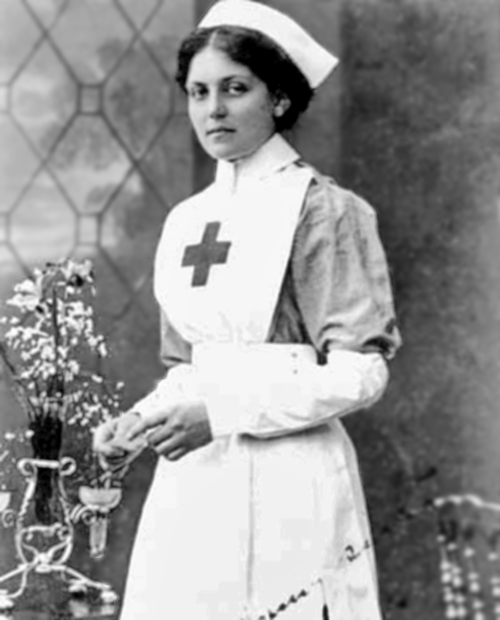
Violeta Jessop's story, like that of many other survivors, is quite fascinating. Jessop was born in Bahia Blanca, Argentina, to Irish immigrants. After the death of her father, the family moved to England. Violet Jessop worked on the Titanic as a stewardess at the age of 24.
During the hours of the tragic event, she was ordered to go on deck to guide passengers who did not speak English. Before boarding one of the lifeboats, she was handed a baby, which she kept warm until they were rescued by the Carpathia. Once safe on board, the baby's mother snatched him from Violet's arms and fled. Years later, during World War I, Violet returned to work as a nurse for the British Red Cross. When she was on board the Britannic (often called “the Titanic’s brother”) in the Aegean Sea, the ship sank after hitting a mine. Violet jumped overboard and survived. She died in 1971 and a book about her life was published in 1997.
Don Manuel Ramírez Uruchurtu

The only Mexican on the Titanic was a first-class passenger who didn’t survive the tragedy. Uruchurtu came from a wealthy family in Mexico. He studied law. By the time of Porfirio Díaz's dictatorship, he was a well-established figure in the national, cultural, and political scene.
After the fall of the Porfiriato, many of those close to the regime took refuge in France. Don Manuel traveled to France to visit his close friend, General Ramon Corral – and probably Porfirio Diaz himself. When it was time to return to Mexico, Don Manuel boarded the Titanic in Cherbourg. On the night of the sinking, it is said that a second-class woman asked him for his place in the lifeboat. Don Manuel gave it to her, giving birth to the legend of “The Titanic’s Gentleman.” Like many of the Titanic’s victims, Don Manuel's body was never found.
Ramón Artagaveytia
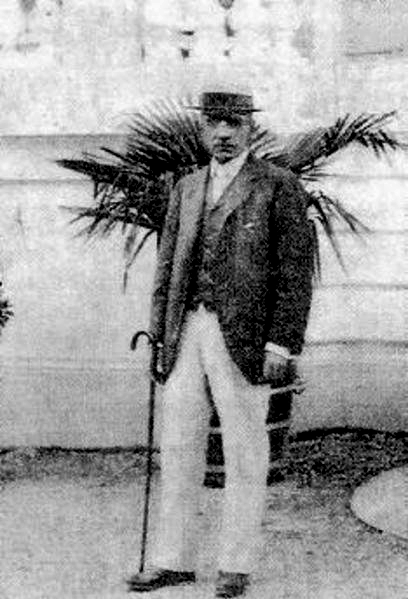
Ramón Artagaveytia was another Latino who traveled first class on the Titanic. Born in Uruguay, Artagaveytia was 72 years old when he lost his life in the cold waters. Artagaveytia was visiting his sister and his nephew when he boarded the Titanic in Cherbourg to return to the Americas.
While Artagaveytia’s body was recovered, it is a mystery why he didn't board a lifeboat. First-class passengers had at least one place on them. This wasn’t the first time Ramón had a horrible experience at sea. Forty years prior, he survived the wreck of the steamship America in the Rio de la Plata.
Francisco and José Pedro Carrau
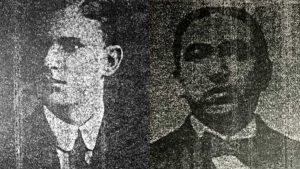
Other Uruguayans on board the Titanic were Francisco and José Pedro Carrau, an uncle and nephew who boarded the ship in Southampton. They were both first-class passengers. Francisco was an active member of the board of directors of his family’s company, Carrau & Co., and was 27 years old at the time. His nephew, José Pedro, was only 17. Both died and their bodies were never recovered.

